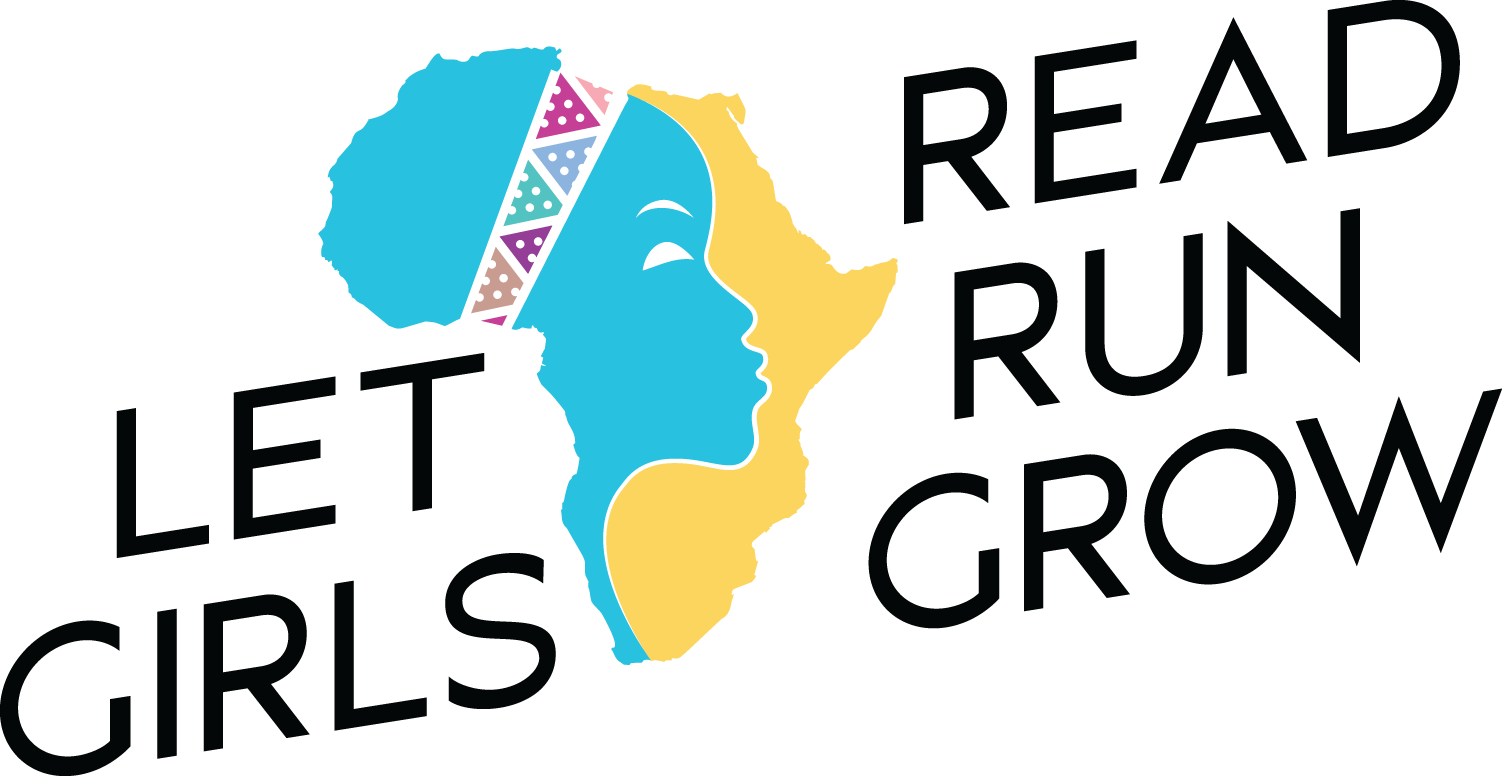On April 14th, 2014 276 School girls were kidnapped from the Chibok Government Secondary School in Chibok, Nigeria by Boko Haram Terrorists. Known in name to oppose western-style modern education, the terrorist group Boko Haram wants to institute and Islamic caliphate in Nigeria. Following the kidnapping, the very fabric of society was torn apart. The Chibok community suffered massive destruction due to more attacks by the terrorist group; infrastructures in ruins - roads, buildings, health clinics, communications networks, schools, farms and factories torched. The story sparked outrage nationally and worldwide. The global response to this heinous act started a viral movement; prominent figures posted to social media accounts pictured with signs that read, ‘Bring Back Our Girls.’
Outraged and saddened by the events in her native country, founder, Idara Otu could not help but think, if the nation was in a better position economically, how much of the despair could be avoided. As of 4Q 2019 Nigeria's unemployment rate rose north of 20%; worse for women. Youth unemployment rate increased to 25%. As a child of Nigerian immigrant parents to the United States, Otu witnessed firsthand the power of education in creating opportunity. Raised in a household that valued education above all things, it serves as foundation to the organization and development of an adolescent girl. Educated girls will share that education with their brothers and sisters, impacting their communities and breaking the cycle of poverty. Removing barriers such as early marriage, gender-based violence, domestic slavery, and sex trafficking means not only a better life for girls, but a safer, healthier and more prosperous world for all.


